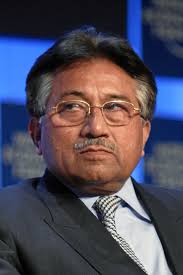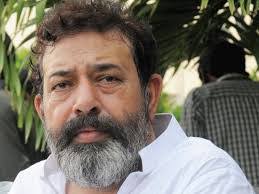Understanding Pervez Musharraf’s Legacy in Pakistan

Introduction
Pervez Musharraf, a prominent figure in Pakistani politics and military, commanded significant influence over the nation’s landscape during his tenure as President from 2001 to 2008. His legacy continues to spark debate and controversy, reflecting the complexities of military rule in a democratic framework. As Pakistan faces political and economic challenges today, understanding Musharraf’s impact is crucial for comprehending the nation’s current situation.
Background and Rise to Power
Born on August 11, 1943, in Delhi, India, Musharraf joined the Pakistan Army in 1964, quickly rising through the ranks due to his skills and strategic insights. His ascent to power began with the coup in 1999, when he overthrew the elected government of Nawaz Sharif. Leveraging his military background, he positioned himself as a stabilizer of the state during a tumultuous time, especially post-9/11.
Key Policies and Controversies
During his presidency, Musharraf implemented various economic reforms aimed at liberalizing Pakistan’s economy, leading to impressive growth rates initially. However, his alliance with the United States in the War on Terror brought about numerous challenges, including widespread opposition at home and threats to national sovereignty. His imposition of a state of emergency in 2007, which curtailed civil liberties, notably propelled him towards political isolation. This, coupled with judicial challenges, led to his eventual resignation in 2008.
Legal Challenges and Exile
Musharraf’s return to Pakistan in 2013 to re-enter politics was met with significant legal troubles, including accusations of high treason for imposing the emergency rule in 2007. In 2019, he was sentenced to death in absentia, a verdict that faced significant international scrutiny and was later annulled. After spending years in self-imposed exile in London, his complex legacy continues to elicit varied reactions from both supporters and detractors.
Conclusion
The narrative of Pervez Musharraf is intertwined with Pakistan’s struggle for democracy, governance, and national identity. As events unfold within Pakistan’s political framework, reflecting on Musharraf’s past decisions offers significant insights into the perennial challenges the nation faces. With the political landscape continually evolving, it remains to be seen how Musharraf’s legacy will influence future governance and civilian-military relations in Pakistan. For readers and observers, understanding his impact is essential to grasping the broader implications for the current and future state of the nation.









